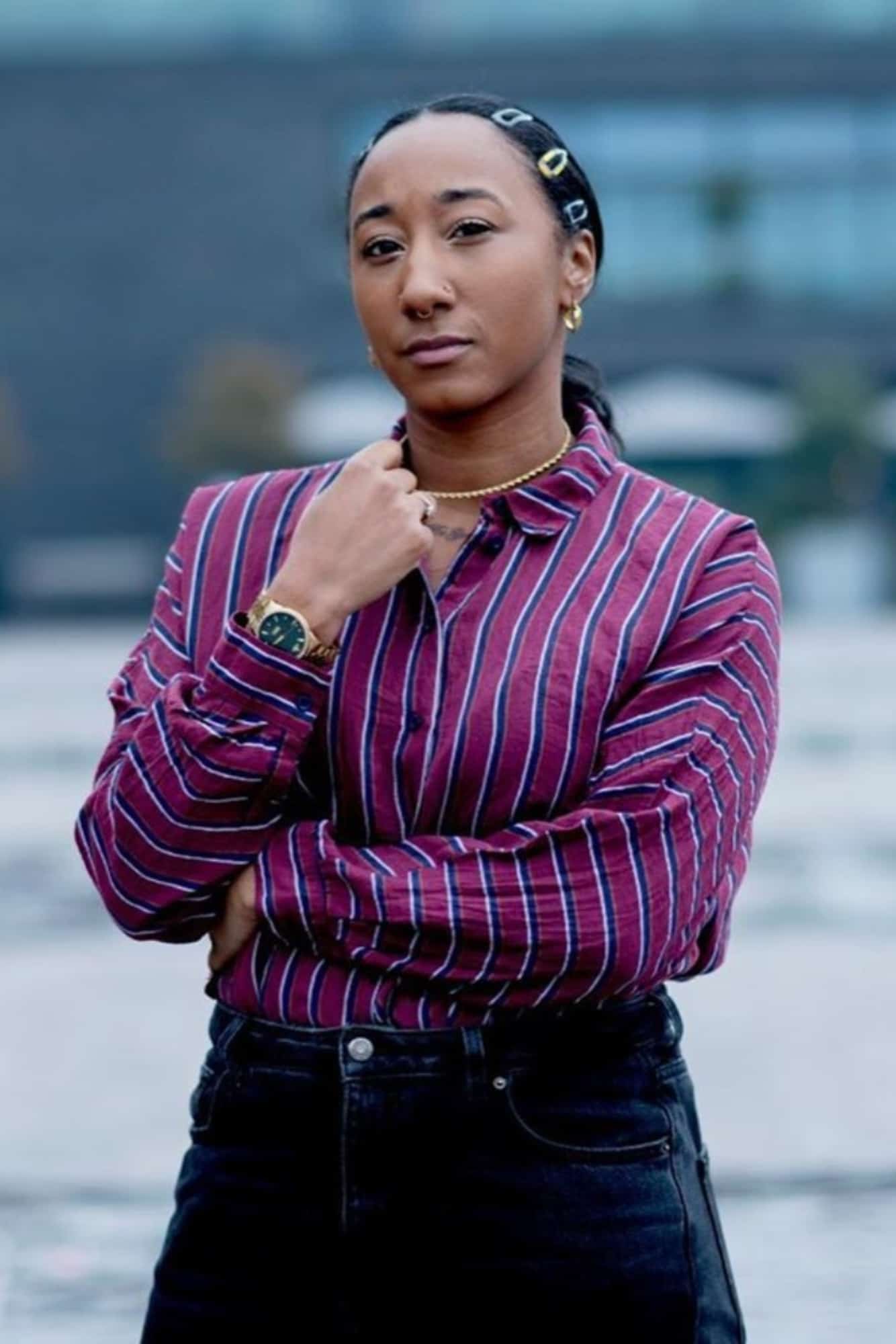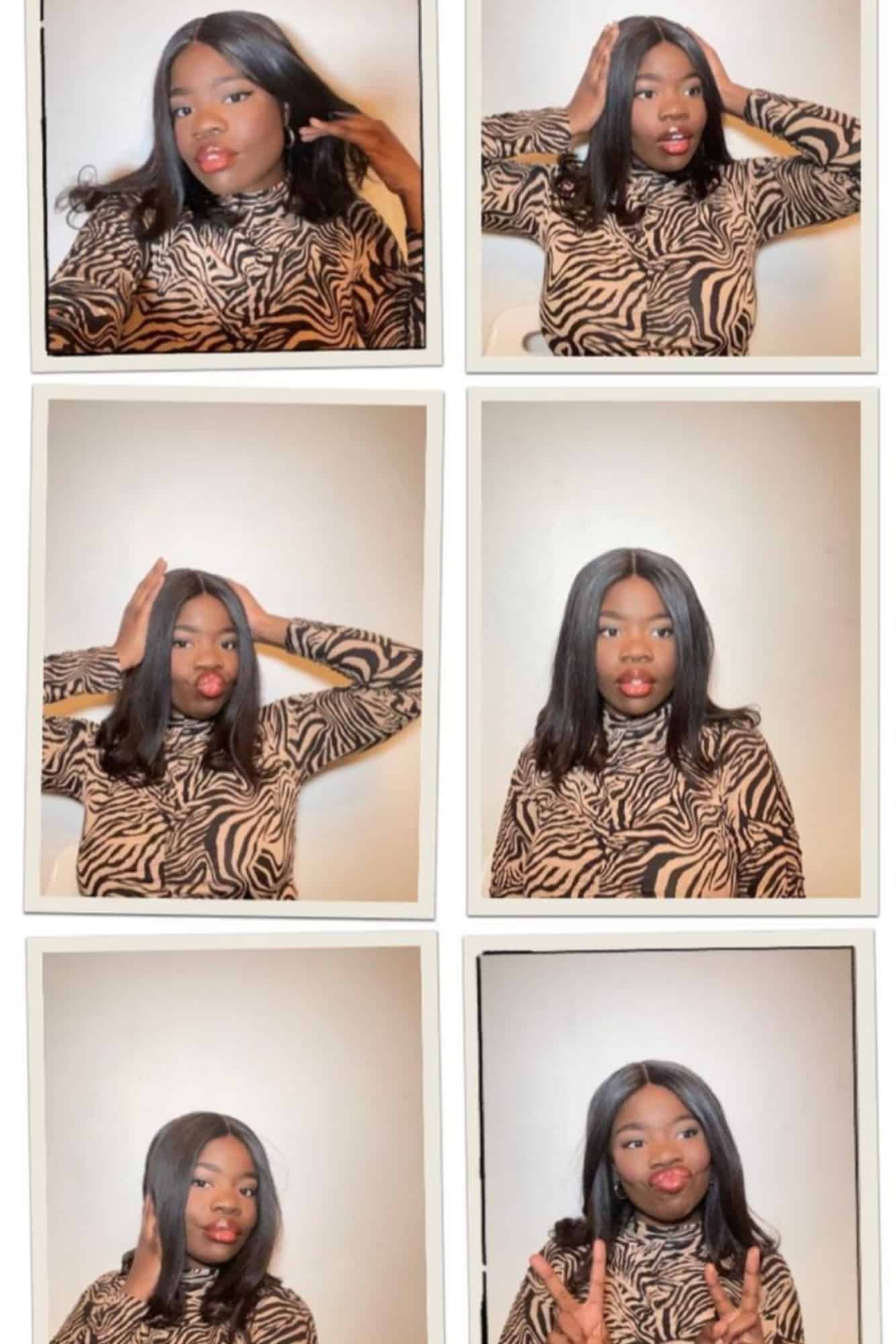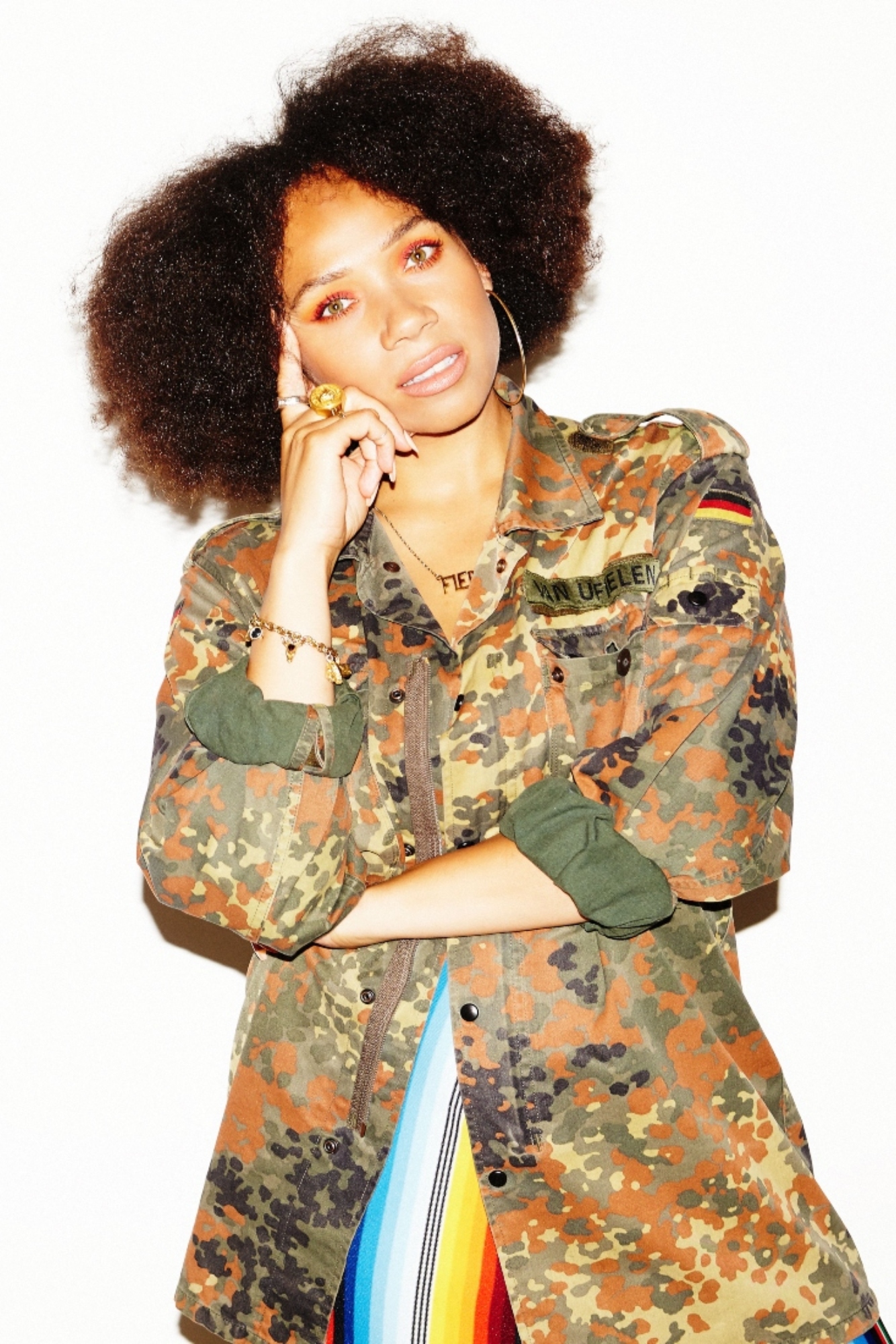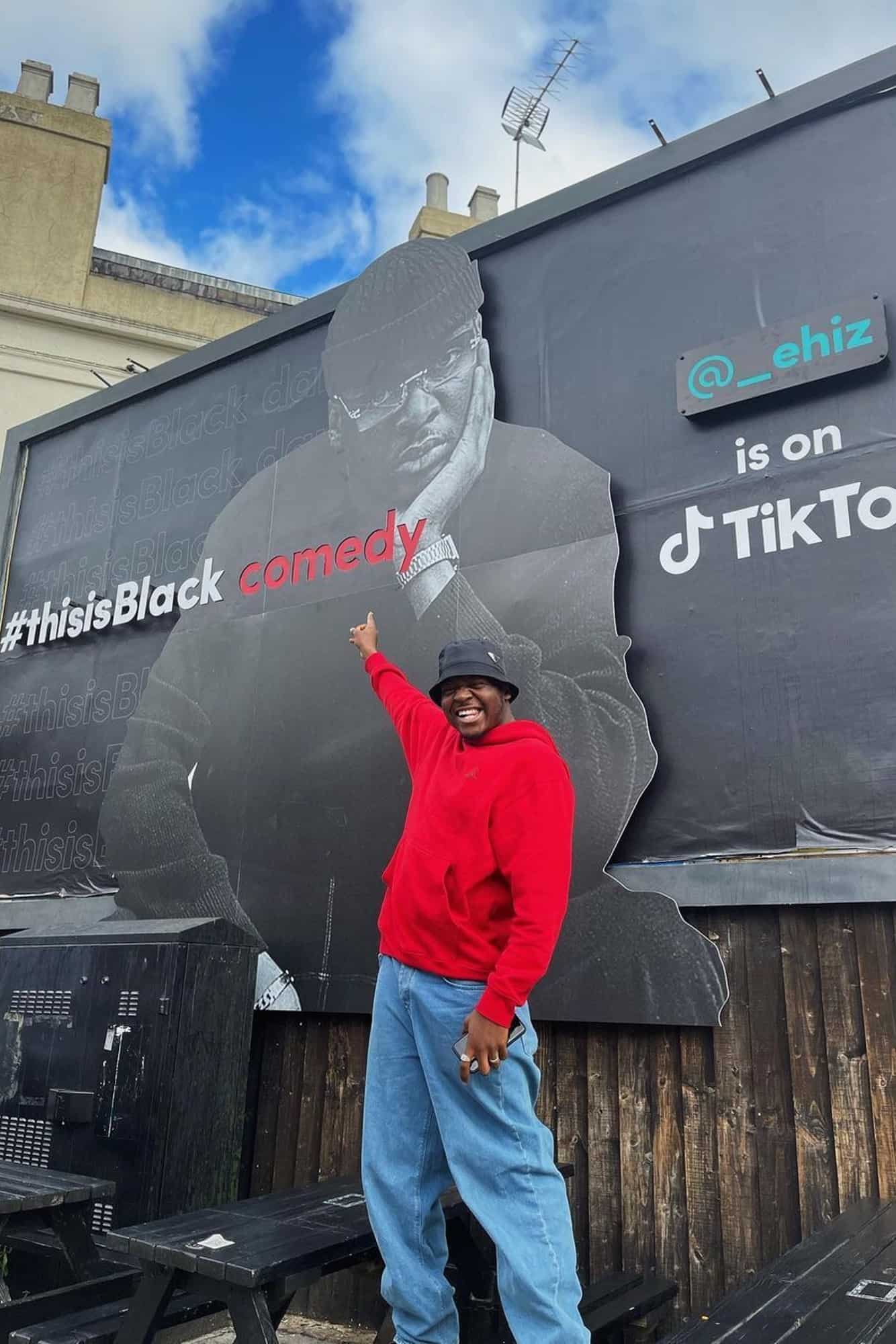The Culture Is Black is a new quarterly three-part podcast series by CORQ, dedicated to helping our clients navigate the post-Black Lives Matter landscape through investigating the nuances of Black culture and how your brand can effectively play a positive role in the community.
To do this, our culture reporter Jennifer Adetoro has interviewed key influencers about how they believe 2020 alone has shaped the decade to come, insights on how their industries have been impacted and what they would like to see from brands in the future. In the final episode, journalist Carlene Thomas-Bailey sat down with poet and playwright Inua Ellams to discuss the importance of supporting creative freelancers and the future of theatre.
You can listen to each episode on Spotify and Apple and if you have any questions or would like to discuss issues from the series, please contact our client services manager Arabella Johnson on arabella@corq.studio and we can facilitate a Q&A with Jennifer and producer of the show, Lucinda Diamond.
You may also like
KEY INSIGHTS FROM THE FINAL EPISODE:
- A reoccurring point made throughout this series of the podcast is the importance of networking. And while Inua admits he is “terrible” at this, he also adds that maintaining relationships with past collaborators and producers has often resulted in them championing his work and gaining him more exposure in the industry.
- When it comes to building these similar relationships online, he points out that for people of colour in particular, social media plays a significant role. Mainstream theatre institutions have often overlooked projects and work coming from and representing the backgrounds of minorities. Yet, subculture movements like Black Twitter have made it possible for these communities to find a safe space and seek other way of communicating their creativity. Although Twitter has brought benefits to Black people – most notably helping to accelerate the ongoing Black Lives Matter movement – it has also had mental health repercussions.
- Prior to the coronavirus pandemic, there was a growing movement happening in theatre in which producers were investing in Black creative talent. The idea of what major theatre institutions thought would be financially viable and successful has changed due to a lot of external factors. Inua adds that his critically acclaimed play The Barbershop Chronicles also played a role in building this momentum. By selling out two runs at the National Theatre and embarking on an international tour, it assists in informing the industry that these projects are not “risks” and that it is vital for Black people to tell their own stories. He hopes this trend remains when theatres reopen.
- Inua is a firm believer in the notion that physical human connection is one of the many beneficial elements of theatre and though the transition to digital is a pandemic necessity, physical interaction and space is important for theatre to truly thrive, especially on an economic level. The UK theatre industry contributes a staggering amount of money to the UK economy every year – a reported £5.4billion comes from performing artists alone.
- He also revealed that prior to Culture Secretary Oliver Dowden’s Culture Recovery Fund, collective efforts had been made by individuals in this space to create a potential government backed initiative called “Seat Out to Help Out”. A similar concept to the governments “Eat Out to Help Out” scheme whereby 10% of tickets across the country would be paid by the government.
- Lastly, tying up the series, Inua offered advice to bigger platforms and businesses looking to support poets and artists. One rule of thumb is not to presume that these creatives have the answers for everything. Another is that giving them the space to create beautiful art is important. Sustaining support is also important and by this, he adds everyone will understand value of artists and pay them their worth.
Subscribe and listen to The Culture Is Black on Spotify and Apple.










